
Introduction to Joint Replacement in Mahishadal
“Healthy joints are the foundation of a mobile and active life.”
Joints are pivotal in our daily lives, enabling smooth movements and supporting our body’s weight. However, joint conditions such as arthritis, injuries, or degenerative diseases can cause pain, stiffness, and reduced mobility, significantly impacting quality of life.
Globally, around 1.5 billion people experience musculoskeletal conditions, with arthritis alone affecting over 350 million individuals. In India, osteoarthritis is the second most common rheumatologic problem, affecting approximately 15 million adults annually.
The seasoned orthopedic surgeons at Healing Touch Nursing Home emphasize,
“Timely intervention and advanced joint care can restore mobility and reduce pain. Our approach ensures patients receive personalized care tailored to their unique needs.”

Comprehensive Care for Joint Replacement in Mahishadal
Joint replacement surgery is more than just a medical procedure; it’s a path to a renewed and active lifestyle. At Healing Touch Nursing Home, patients benefit from a multidisciplinary approach combining advanced technology, skilled expertise, and compassionate care. The focus extends beyond the surgery to encompass preoperative guidance and postoperative support, ensuring a seamless recovery journey.
Whether addressing debilitating pain or improving mobility, the team is compassionate about providing holistic care for every patient.
Feeling overwhelmed by the thought of surgery? Let’s explore why Healing Touch Nursing Home stands out for joint replacement care.
Why Choose Us for Joint Replacement Surgery?
Healing Touch Nursing Home is among the leading facilities for people seeking Joint replacement surgery in Mahishadal. Here’s why:

State-of-the-Art Technology: Advanced equipment ensures precision and safety during procedures.




Focus on Patient Safety: Stringent protocols minimize risks and ensure a safe environment.

Affordable Care: Transparent pricing for joint replacement surgery cost in Mahishadal.


Positive Patient Outcomes: Proven success in improving mobility and reducing pain for countless patients.
What is Joint Replacement Surgery?
Joint replacement surgery is designed to replace damaged or diseased joint surfaces with artificial implants, restoring functionality and reducing pain. It’s commonly performed on weight-bearing joints like the hips and knees but can also address other joints, such as shoulders and elbows.
The qualified orthopedic team at Healing Touch Nursing Home explains, “Each joint replacement procedure is tailored to the patient’s unique condition. Advanced materials and techniques ensure longevity and natural movement, enhancing overall quality of life.”
Curious about what leads to the need for joint replacement? Let’s uncover the common reasons behind this transformative procedure.
What are the Common Reasons for Joint Replacement Surgery?
Joint replacement surgery is often recommended for:
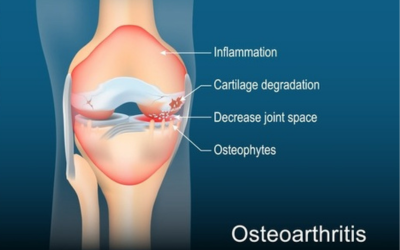
Osteoarthritis
The most common reason, where joint cartilage wears down, causing pain and stiffness.
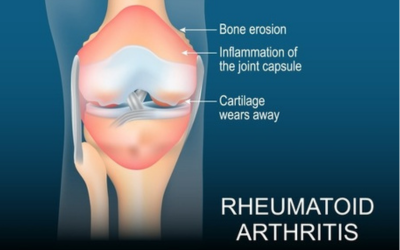
Rheumatoid Arthritis
An autoimmune condition leading to inflammation and joint damage.
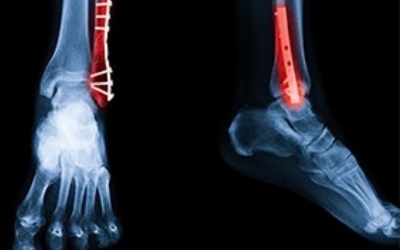
Trauma_or_Injury
Fractures or severe joint injuries can necessitate replacement to restore function.
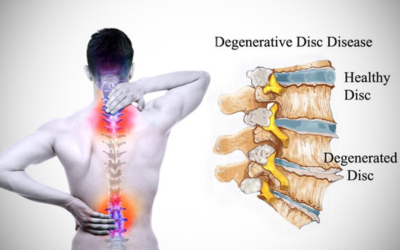
Degenerative_Joint_Disease
Conditions like avascular necrosis that impair joint integrity.

Severe Pain and Disability
When conservative treatments fail to provide relief, surgery becomes essential to improve quality of life.
Ready to learn about the surgical options available? Let’s delve into the types of joint replacement surgeries offered.
Types of Joint Replacement Surgeries
The most common joint replacement surgeries include:
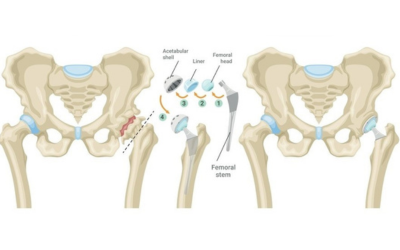
Hip Joint Replacement Surgery
Replaces damaged hip joints with artificial components to restore mobility and alleviate pain.
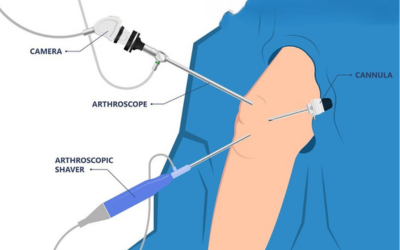
Knee Joint Replacement Surgery
Involves replacing the knee joint to treat severe arthritis or injury-related damage.
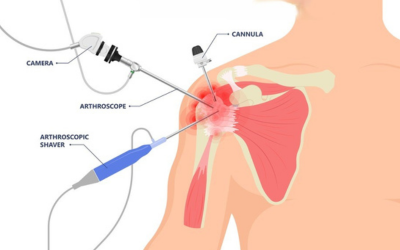
Shoulder Joint Replacement Surgery
Restores shoulder function for patients with arthritis or rotator cuff injuries.
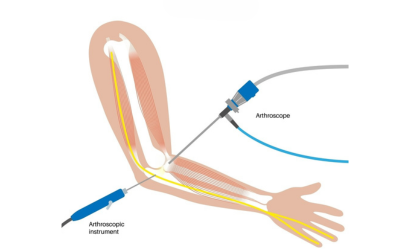
Elbow Joint Replacement Surgery
Ideal for individuals with rheumatoid arthritis or post-traumatic conditions affecting the elbow.
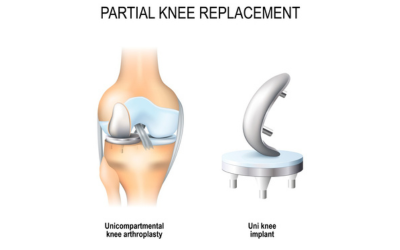
Partial Joint Replacement
Focuses on replacing only the damaged portion of a joint, preserving as much of the natural joint as possible.
While knee joint replacement surgery is highly successful in relieving pain and restoring mobility, it’s important to understand the potential complications and how to address them for a smooth recovery.
Potential Complications and How to Manage Them
1. Infection:
Infections may develop around the surgical site or implant, leading to redness, swelling, or discharge.
Management: Prompt use of antibiotics and, in severe cases, additional surgery to clean or replace the implant.
2. Blood Clots:
Deep vein thrombosis (DVT) can occur post-surgery, causing leg pain and swelling.
Management: Blood thinners, compression stockings, and early mobilization are key preventive measures.
3. Implant Loosening or Failure:
Over time, the implant may wear out or loosen, causing pain or instability.
Management: Regular follow-ups and, if necessary, revision surgery to replace the worn implant.
4. Joint Stiffness:
Stiffness can limit the range of motion post-surgery.
Management: Early physical therapy and consistent rehabilitation exercises can help regain flexibility.
5. Persistent Pain:
Pain may continue in some cases despite a successful surgery.
Management: Medications, physical therapy, or addressing underlying causes such as scar tissue.
Wondering what the recovery process looks like? Let’s explore the road to rehabilitation after joint replacement surgery.
Recovery and Rehabilitation After Joint Replacement
Recovery from joint replacement surgery involves a structured plan tailored to the patient’s needs:
Physical Therapy: Guided exercises help restore strength, mobility, and function.
Pain Management: Medications and techniques ensure a comfortable recovery process.
Lifestyle Adjustments: Patients may need to avoid high-impact activities and adopt joint-friendly habits.
Regular Follow-Ups: Monitoring progress and addressing concerns ensures long-term success.
Eligibility for Joint Replacement Surgery
Candidates for joint replacement surgery typically include:
Individuals with severe joint pain are unresponsive to conservative treatments.
Patients experiencing limited mobility due to joint damage or degeneration.
Those with conditions like advanced arthritis or post-traumatic joint issues.
Adults in good overall health, capable of undergoing surgical procedures.

Still have questions? Let’s address some common concerns about joint replacement surgery.
Frequently Asked Questions
How long does recovery take after joint replacement surgery?
Recovery timelines vary but typically range from 6 weeks to 3 months. Full recovery and return to normal activities may take up to a year, depending on the individual and the joint replaced.
Is joint replacement surgery painful?
While some discomfort is expected post-surgery, advancements in pain management techniques ensure a relatively comfortable recovery.
What are the risks involved with joint replacement surgery?
Common risks include infection, blood clots, or implant complications, though these are rare with proper care and skilled surgical teams.
How long will the joint replacement implant last?
Most implants last 15 to 20 years, with advancements in materials offering even longer durability in some cases.
Is there an age limit for joint replacement?
The procedure does not have a strict age limit. The eligibility is subject to the patient’s overall health and the severity of their joint condition.
Can you run after knee replacement?
Running is typically discouraged to avoid excessive stress on the implant, though low-impact activities are encouraged.
Can a 25-year-old get a knee replacement?
Yes, though rare, younger patients with severe joint damage or degenerative conditions may require knee replacement surgery.
Disclaimer: The information shared in this content is for educational purposes only and not for promotional use.
